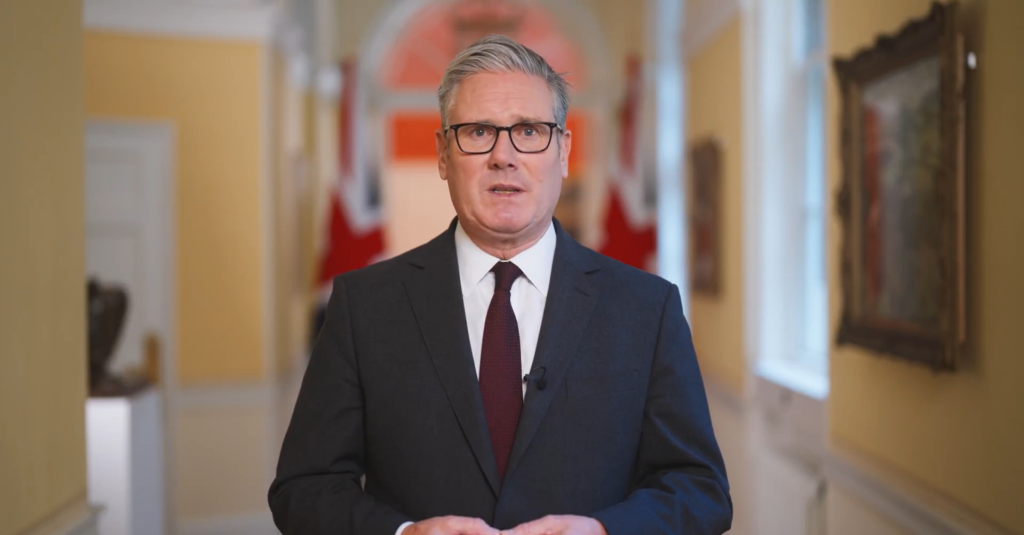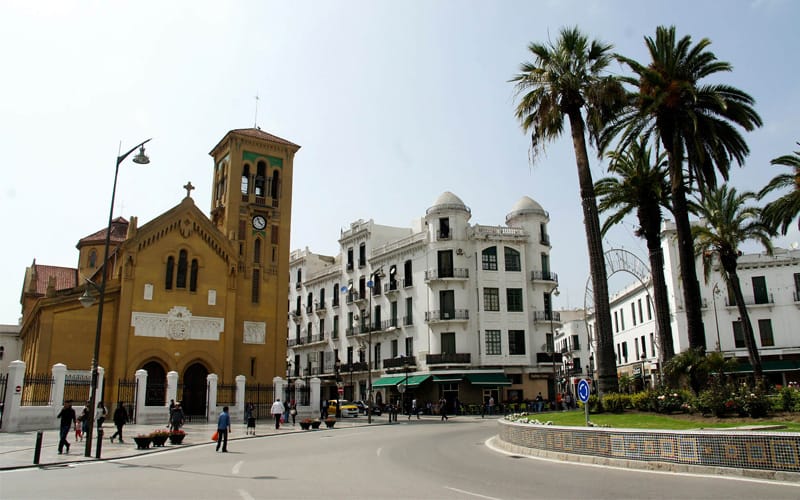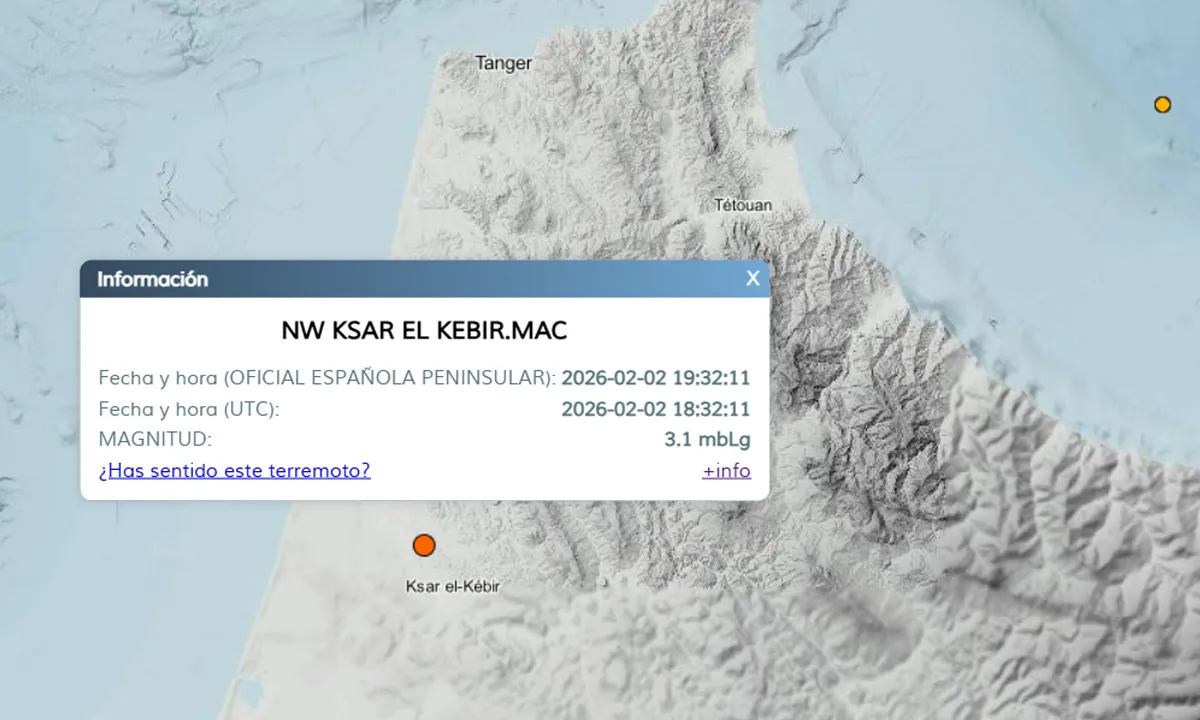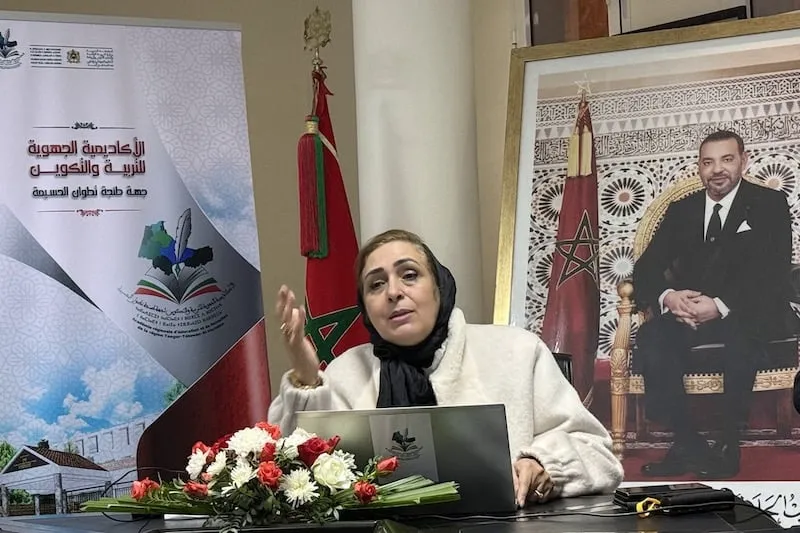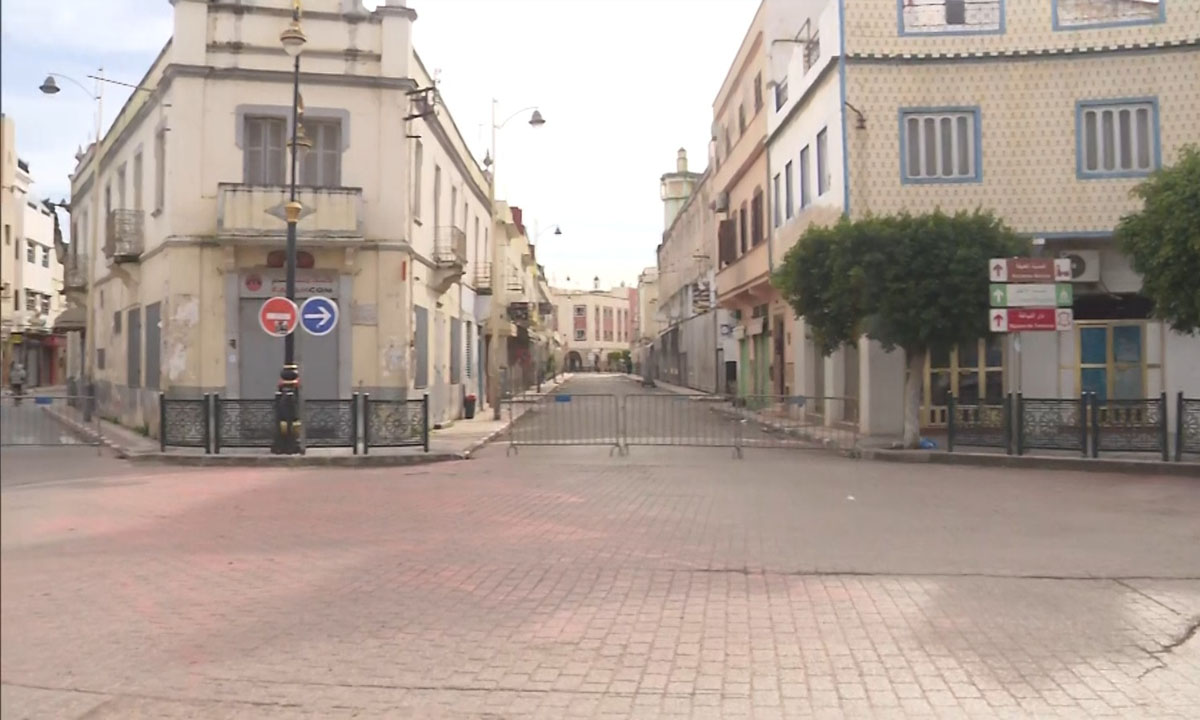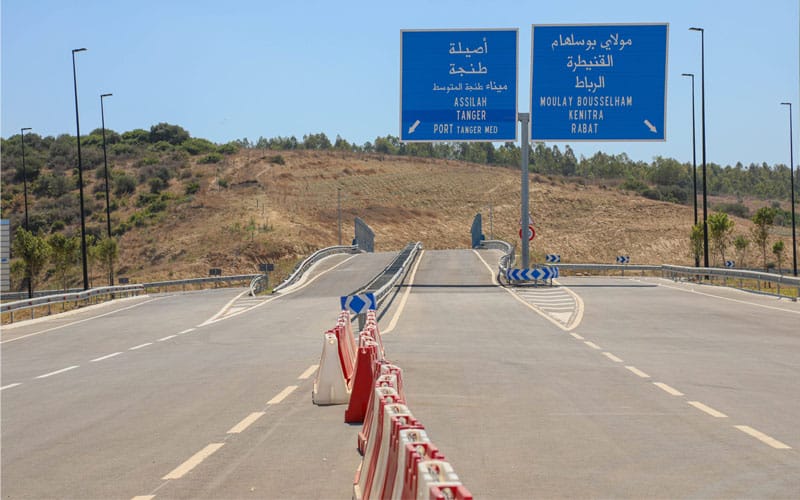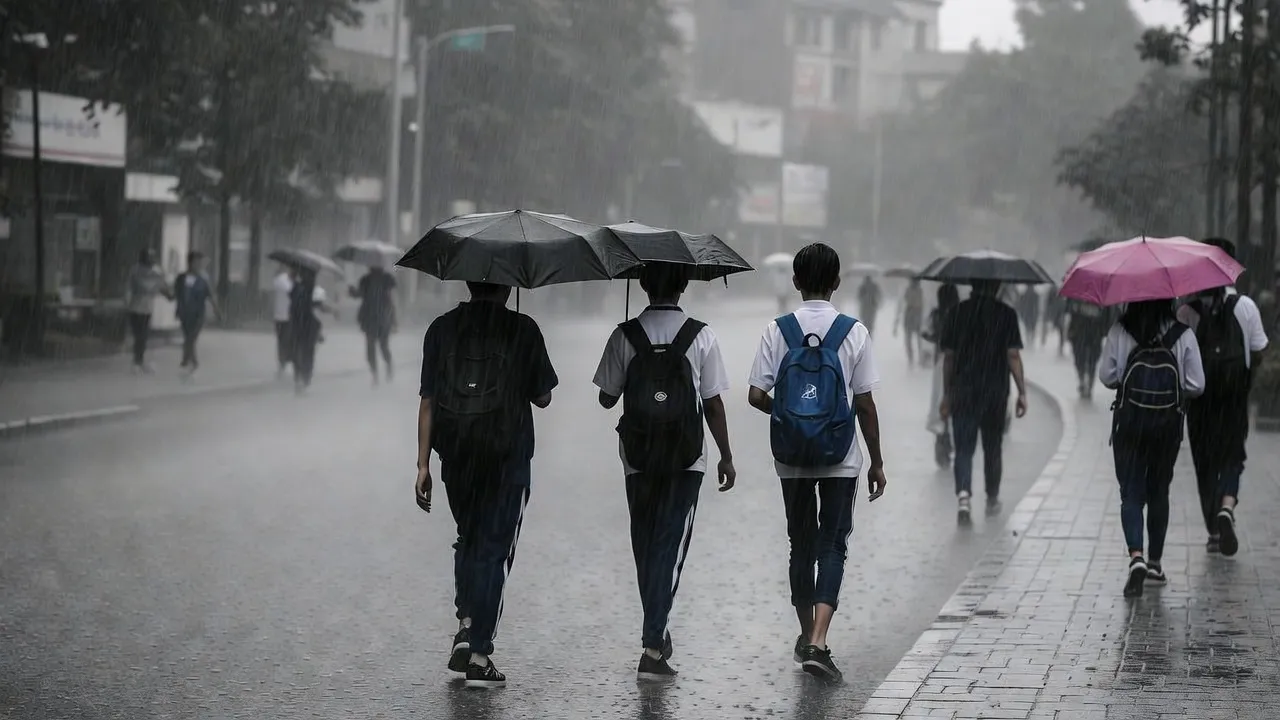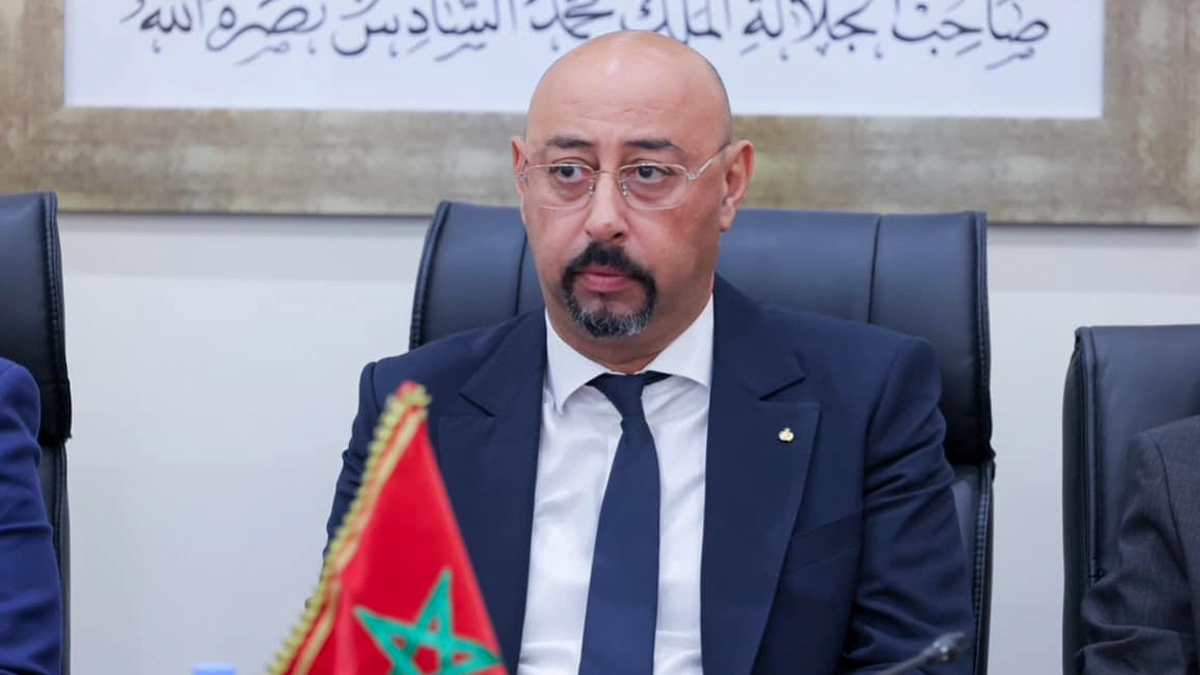On Sunday, September 21, British Prime Minister Keir Starmer announced in a televised speech that the United Kingdom officially recognizes the state of Palestine, a step he described as aimed at “reviving hope” for a two-state solution amid escalating tensions in the Middle East.
In his speech, Starmer stated, “In light of the increasing atrocities in the Middle East, we are moving to preserve the possibility of peace and a two-state solution.” He emphasized that this solution means a “secure and stable Israel alongside a viable Palestinian state,” noting that the current situation achieves neither. He asserted that “the time has come” to recognize the state of Palestine, declaring that the UK joins over 150 other countries in this decision.
Starmer clarified that this recognition does not signify support for Hamas, calling it “the opposite of Hamas’s vile vision,” and stressed that the group “has no future or role in governance or security” in a Palestinian state. He reiterated his call for the immediate release of hostages held by Hamas in Gaza, referencing his meetings with affected British families and stating, “We see their daily torture, and we will continue to fight to bring them home.”
Addressing the “appalling” humanitarian situation in Gaza, Starmer described it as a “man-made crisis” that has reached “new depths.” He noted the deaths of tens of thousands, including those attempting to secure food and water, describing the scene as “horrifying for all of us.”
While acknowledging that some sick and injured children have been evacuated and that the UK has increased its humanitarian support, he stressed that “the aid coming in is nowhere near enough.”
Starmer called on the Israeli government to lift border restrictions, labeling these tactics as “cruel,” and demanded a “flow of aid” into Gaza. This stance follows prior Israeli denials regarding restrictions on assistance, indicating potential diplomatic tensions.
In closing, Starmer urged nations to “direct our efforts” toward a peaceful future, asserting that a two-state solution is “the best hope for peace and security for all parties.” He also addressed the internal divisions in the UK regarding the conflict, noting that the “force of feeling” towards the Israeli-Palestinian dispute has become apparent in streets, schools, and daily conversations. He warned against using this conflict to “incite hatred and fear,” calling for a “rejection of hate and a doubling down on efforts to combat it in all its forms.”
Source




